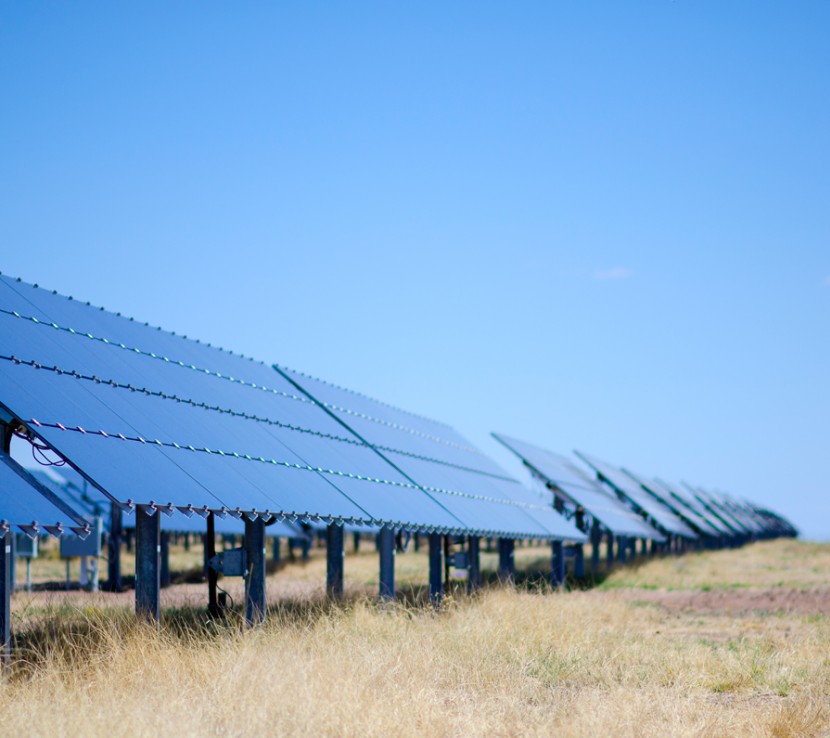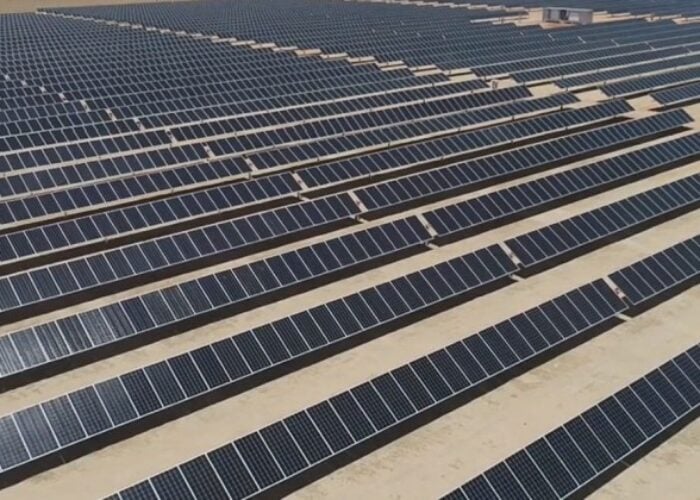
Southern US utility the El Paso Electric (EPE) Company has issued a request for proposals (RFP) for renewable energy projects to serve its customers in New Mexico.
The RFP seeks long and short-term renewable energy projects with an annual output of 150,000MWh, to be commissioned by 2027. Bids close on Friday, 3 November.
Try Premium for just $1
- Full premium access for the first month at only $1
- Converts to an annual rate after 30 days unless cancelled
- Cancel anytime during the trial period
Premium Benefits
- Expert industry analysis and interviews
- Digital access to PV Tech Power journal
- Exclusive event discounts
Or get the full Premium subscription right away
Or continue reading this article for free
As per the New Mexico Renewable Energy Act (REA) and accompanying Renewable Portfolio Standard (RPS), utilities operating in the state must meet 40% of retail energy sales with renewables by 2025, increasing to 50% in 2030.
In June, EPE signed a 20-year offtake agreement with DE Shaw Renewable Investments for the 130MW Carne solar PV project in New Mexico, and September saw the utility sign another 20-year deal for 150MW of solar-plus-storage assets in the state.
EPE said that it welcomed all eligible generation technologies under the RFP.
President and CEO of EPE Kelly A. Tomblin said: “we continue to experience a two percent customer base growth rate year-over-year, which inevitably leads to an increase in energy usage and customer demand. Leading environmental sustainability is one of our strategic anchors as we continue to develop and innovate how we reliably provide energy to our customers in compliance with the New Mexico Renewable Energy Act. That is why we are looking forward to integrating greater amounts of renewable energy.”
A report from think tank Edison Energy earlier this year found that US PPA prices fell an average of 3% in Q2 2023, driven largely by expansion in Texas’ ERCOT market. Southwest Power Pool (SPP), the independent systems operator (ISO) responsible for New Mexico, reported the second-lowest PPA prices at the time, only beaten by ERCOT.






